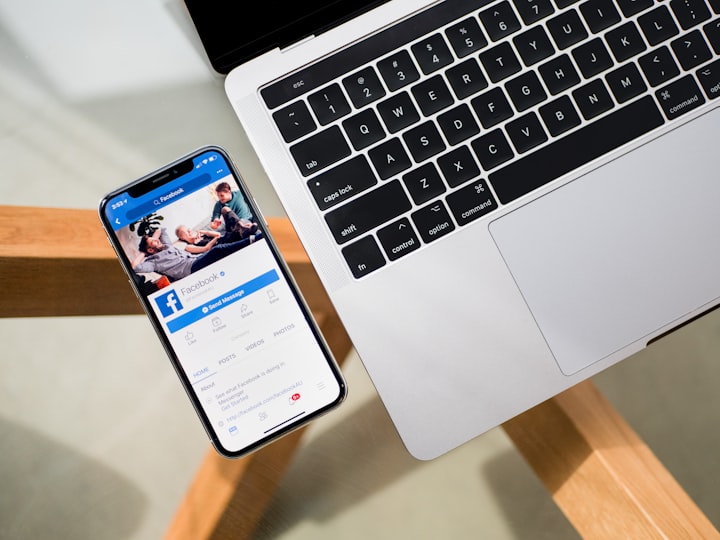News media bargaining code could fundamentally break how the web operates. Here's why!
Requiring Big-Tech platforms to pay for voluntary linking your content breaches a fundamental principle of the web!

Facebook and Google are the two leading tech giants in the world. Australian news publishers and lawmakers have challenged the two tech giants. The tech giants are required to pay for news articles from news organizations shared within their network. According to the law proposed by the Consumer commission and Australian Competition, both Facebook and Google would require to agree with media publishers and pay them for the content published on their sites. The two tech giants have tried hard to prevent the law set to take effect. Instead, the two companies have varied how they should look into the set regulations for a brief period.
Google started by bringing out the global agreement to go for three years with the News Corp by Rupert's name. Murdoch's to compensate publishers for the news published after a short while, Facebook went against the agreement and pointed out that it would restrict publishers and people from viewing and sharing news links in Australia in an effective way.

According to the global partnership president at Google, there has been an investment from the company that seeks to create partnerships set to start in a few years. On the other hand, Facebook differed and made publishers and people's restrictions from viewing or sharing new skills in Australia with an immediate effect. According to Facebook, the proposed law brings misunderstanding on the relationship between publishers who use it for content sharing and Facebook platforms, according to Facebook managing Director in Australia. The difference indicates the diverse ways that the two giants approach the law. In several years, Facebook and Google had the incentive to reward the news outlets and had some conversations on the ideal way since they help move the readers to news and stories. A decrease in newspaper use has posed questions against billions of dollars leaped from digital advertising by the two tech giants. As a result, there has been an argument whether the company's platform should offer publishers financial support.

Australia's position has pointed out that the lockstep approach can only proceed simply because the two tech giants value news differently. As per Google's mission statement, it focuses on organizing the information that significantly relies on the news. Facebook, on the other hand, does not depend much on the news. Instead, it focuses mostly on people's networking to share political views, the internet, memes, videos, and photos. According to Australian communications minister Paul Fletcher, the government would proceed with the legislation as Facebook continues with conversations. He congratulated google for the process engagement and proposed that Facebook got inspected to remove all credible and authoritative news from the platform.
He also argued that Facebook's decision would undoubtedly raise the credibility of the platform's information. The Consumer Commission and Australian Competition have spent a couple of years drafting a parliamentarian bill that would require the tech giants to come into agreement with media publishers to pay them for the content. The legislation would entail a code of conduct that would enable media companies to have bargaining power collectively or individually with the digital platforms on the content value.

For a period of recommendable time, international news outlets have raised concerns about giant techs enriching themselves at their expense. They have been selling adverts linked to their content without revenue sharing. It triggered France as a country to come up with a legislation that would help push both google and Facebook to pay for any content they use from the news outlets. It was meant to channel more funds to news-related industries that reduce their coverage operations due to revenue shrink. It is what triggered Facebook to block all its users From Australia from sharing and accessing Australian news. According to Facebook, the proposed law does not consider the relationship between publishers and its platform which publishers use to share their news content. Even though the Australian government seeks to create commercial arrangements between the tech giants and the publishers, they should ensure that the lawsuits both parties simply because it is between the publishers or news outlets and tech giants.
Google and Facebook companies offer support to the Media industry by helping them send traffic, and the set bill would expose them to higher financial levels and increase the risk of operations. As a result, Facebook has moved forward and restricted major Australian news sites. There is a massive disadvantage to the Australian government, which occurred when Facebook initially blocked the government communication pages and some Australian commercial, affecting communication and information sharing.
About the Creator
Emmanuel Motelin
Tech nerd & cybersecurity pro captivated by storytelling. Enjoys crafting compelling blog stories & creating music but that`s not all. Learn more






Comments
There are no comments for this story
Be the first to respond and start the conversation.